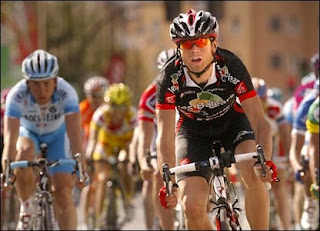Yesterday I ran in my first ever running race. At Teachmeet on January I stood up in front of a room full of people and told them what I’d been doing in my classroom with technology.
If you’d told me a year ago that’s what I’d be doing in January 2009, I would have laughed. Lots.
But, as I entitled my Teachmeet presentation – What a difference a year makes!
Below is what I said at Teachmeet, along with links to the work we’ve done (omitted to show any of it on the night as I was so nervous!)
Lisa Stevens (lisibo) @ TeachMeet BETT from Learn4Life on Vimeo.
Our wiki is http://wcps.wikispaces.com and our school website http://www.whitehousecommon.org.uk
And, bless him, this is what Drew Buddie said about me!
Last one of two bits of feedback from TeachMeet at EatMeet from Learn4Life on Vimeo.
And here’s the last 50m of the race in Sutton Park yesterday. It was a handicap race, with each participant estimating how long it would take them to run 5km. We were then set off that amount of time before 1a so in theory we should all have arrived in a bunch together. As it was, I finished in 26 minutes 46 seconds which was 14 seconds off my estimate, and won a prize as I was 5th nearest! Ironically, if I hadn’t had to stop on the final corner because I was heaving s much, I wouldn’t have won anything because I’d have been too fast.
So – what will you be doing this time next year? You never know!








